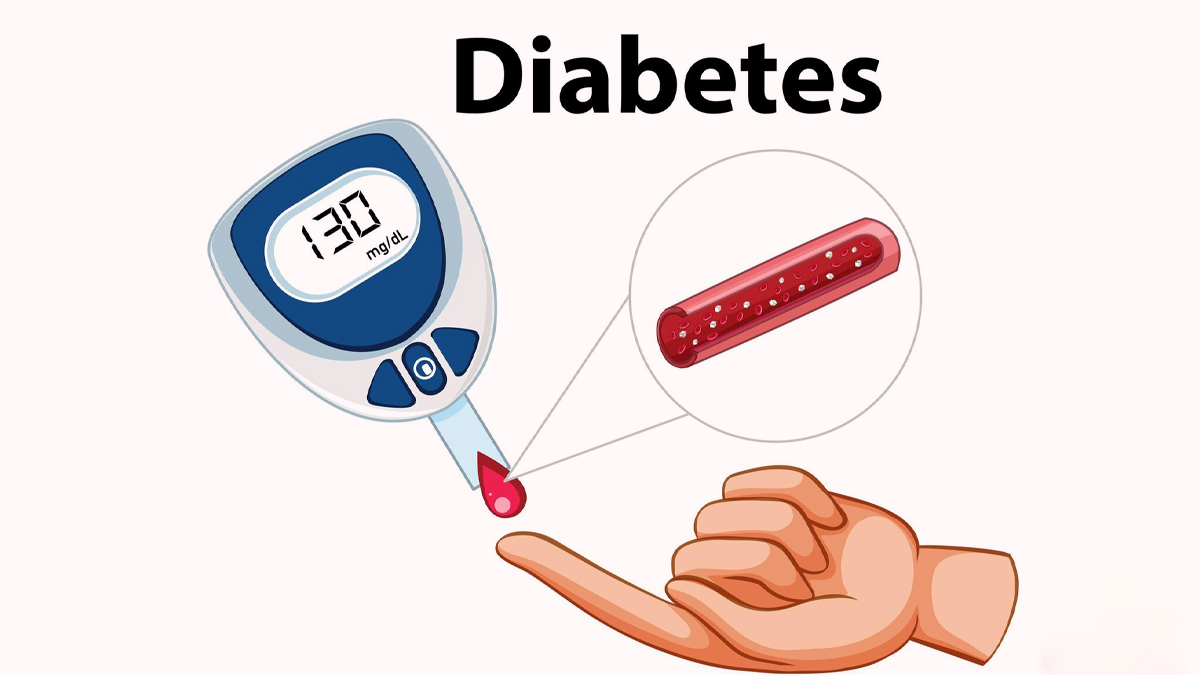
Poor sleep isn’t just about feeling groggy the next day; it may be quietly raising your risk for serious health conditions. A landmark study published in Health Data Science has revealed surprising connections between abnormal sleeping habits and an astonishing 172 conditions, such as dementia, Parkinson's, type 2 diabetes, and acute kidney failure.
Table of Content:-
Not Just How Long, But How You Sleep

We often hear that eight hours of sleep is the gold standard, but experts are now telling us it’s how we sleep that matters even more. According to the study, researchers used objective measures from more than 88,000 UK Biobank participants, monitored through wearable devices for roughly 6.8 years. They looked at six core sleep traits: sleep duration, onset timing, rhythm, stability, efficiency, and nighttime awakenings. It was found that inconsistent sleep schedules and disrupted rhythms often outperformed duration in predicting health risks.
Also Read: 4-5 Hours Of Quality Sleep Vs. 7-8 Hours Of Interrupted Sleep: What’s Actually Better?
How Bad Sleep Affects Health

- Of the 172 diseases, for 92, at least 20% of the risk could be attributed to poor sleep behaviour.
- 42 diseases showed double the risk in those with irregular sleep patterns—conditions like liver fibrosis, cirrhosis, gangrene, and age-related frailty.
- Specific risks stood out: late bedtimes (after 12:30 a.m.) were linked to about 2.6 times higher risk of liver cirrhosis, and erratic sleep rhythms were tied to 2.6 times higher gangrene risk.
- The likelihood of developing Parkinson’s disease was nearly 2.8 times higher in people with disordered rhythms, and type 2 diabetes risk increased by around 1.6 times.
- Inflammation appears to be the common thread; high levels, such as CRP and white blood cells, partly account for how loss of sleep could precipitate disease.
What the Experts Are Saying
Prof Shengfeng Wang, lead author of the study, stressed it’s time to “broaden our definition of good sleep beyond just duration”. Neurologist Dr Daniel Truong echoed this sentiment: sleep regularity matters even more than simply the number of hours spent sleeping.
Why It Matters And What You Can Do

The spotlight on sleep patterns should serve as a wake-up call. If poor habits could account for a fifth or even double the risk in dozens of serious diseases, taking steps to lock in steady sleep routines becomes one of the most powerful health moves we can make.
Actionable tips to sleep smarter:
- Stick to a consistent bedtime, ideally before 11 p.m. Wake up at the same time every day.
- Keep your circadian rhythm intact: a dark, cool, and digital-free bedroom can help your brain know it’s time to wind down.
- Avoid shifting sleep schedules on weekends; it disrupts your body clock and may compound risk.
Bottomline
This study identifies 172 conditions linked to objectively defined sleep attributes in adults, suggesting both sleep duration and various sleep features significantly contribute to disease burden. It highlights the importance of the regulation of various sleep attributes in order to achieve better health outcomes. Using objective measurement with subjective assessment can enhance our understanding of the impacts of sleep.
[Disclaimer: This article contains information for informational purposes only. Hence, we advise you to consult your professional if you are dealing with any health issue to avoid complications.]
Also watch this video
How we keep this article up to date:
We work with experts and keep a close eye on the latest in health and wellness. Whenever there is a new research or helpful information, we update our articles with accurate and useful advice.
Current Version
